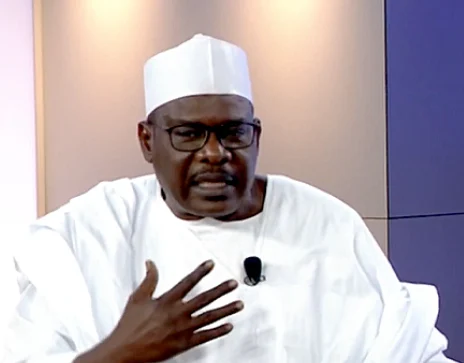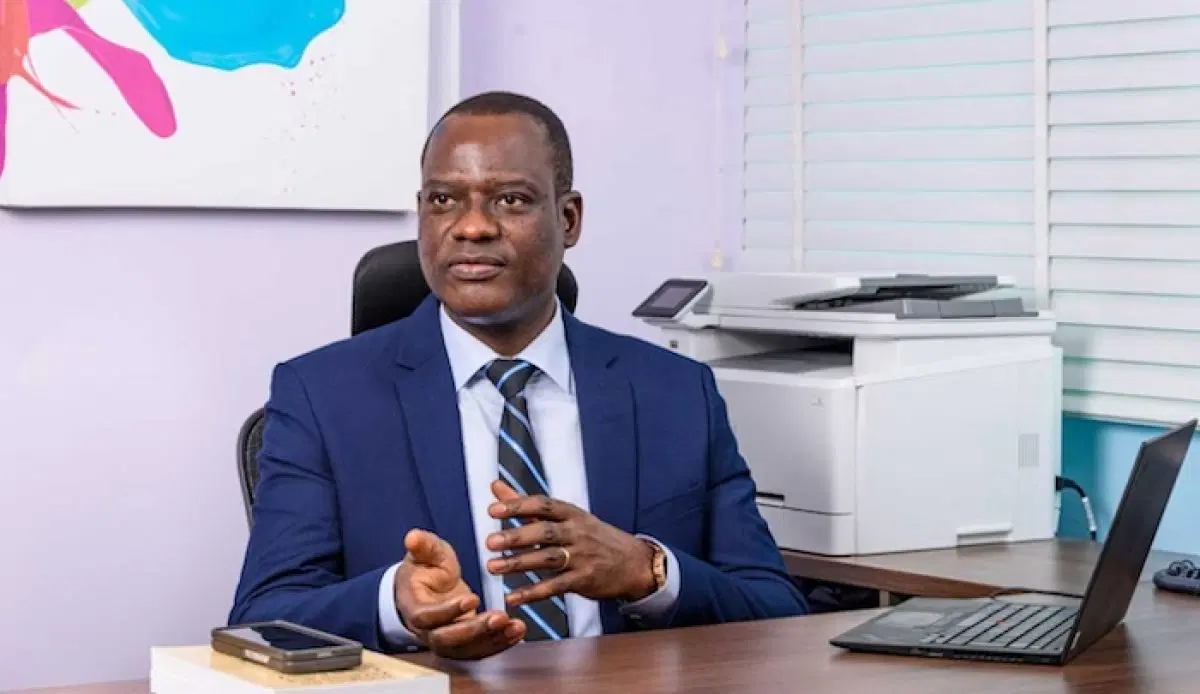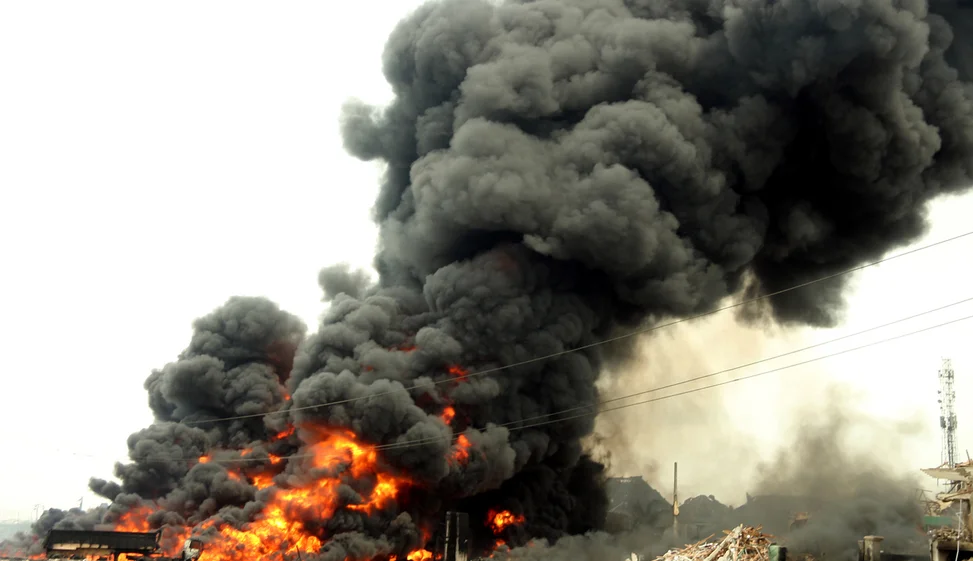
The opening session of the 11th Delegate Conference of the Nigeria Labour Congress (NLC), featured Gen. Muhammad Buhari who had been invited to present his manifesto to the representatives of the workers. Speaking at the event, he listed several challenges plaguing the Nigerian nation, where despite a defence budget of $32.88bn in the last five years, insecurity had continued to be a major problem that has continued to rear its head.
“…Nigerians have to endure, not just terrorist attacks in the North, but militancy in the Niger Delta, communal violence in the Middle Belt, cult wars in the South, and kidnappings, armed robberies, and common acts of thuggery throughout the country,” he said.
Then as Presidential aspirant, he also spoke about poor infrastructure, injustice, massive unemployment rate, dwindling economy, poor governance, inflation and corruption as issues that require urgent attention.
“An APC government will protect and respect labourer's right to organise, guaranteeing the rights to collective bargaining in good faith in law. We will promote new skills, equip youth for a modern economy through a network of local technology institutions to provide free training in courses for the unemployed”, Buhari had pledged.
Now the elections have come and gone with him emerging as the winner, who would take over the helms of affairs of running the country for the next four years. But the task before him is anything but an easy one in a nation where workers have had ongoing battles with government over issues of welfare and development.
As the President General of the Trade Union Congress, Bobboi Kaigama puts it, the incoming administration deserves sympathy of all because of the high expectations from Nigerians workers.
In a recent interview, Kaigama advised the incoming government to prioritise developmental projects in order of their importance to the economy. He cited tackling the problem of power generation and supply first, which would have a lot of trickle-down effect in terms of industrial development and promoting self employment efforts. The agriculture sector, he said, also holds a lot of promise to develop the nations’ economy.
“Obviously corruption and impunity are major problems in this country. He has to quickly build the institutions and allow them do their work while he goes ahead with his development plans. He has to re-structure the institutions, empower the judiciary, make them independent and then they can properly address matters of corruption,” he added.
The President of the Nigeria Labour Congress (NLC) Ayuba Wabba believes Nigeria’s biggest problem is a lack of good governance, which has been the bane of social services and the national economy.
“Where we can provide social services, the economy would thrive better, we can partake in our shared prosperity. We have great potential in this country, considering all the indices in terms of our resources, we have what it takes to build a stronger economy and a strong country. We also expect the provision of employment opportunities for our youth” he said in an interview.
Wabba also notes that eliminating corruption would resolve many of Nigeria’s development problems.
The National President of the Judiciary Staff Union of Nigeria (JUSUN), Comrade Mustafa Adamu Marwan urged the incoming administration to ensure absolute independence of the judiciary, financially and otherwise.
“…particularly as he is someone who has promised to uphold the rule of law and his Vice President is a Professor of Law. This is the only way he can strengthen the institutions anyway and install an era of democratic and good governance,” Marwan said.
For the Academic Staff Union of Polytechnics (ASUP) the incoming administration would be expected to move Nigeria forward to an equitable society where the rule of law is held sacrosanct and the people are placed above the selfishness and greed of the political class.
The President,Dr. Chibuzor Asomugba in a statement, said the change agenda pursued by Buhari during the campaigns should be pursued with discipline diligence and put the nation on the track of greatness.
“The revolutionary smooth transition represents a significant deepening moment for our democracy and holds the seed of promise for a vibrant egalitarian society where the wishes of the people is supreme,” he said.
The President of the Senior Staff Association of Nigerian Universities (SSANU), Samson Ugwoke, urged the incoming administration to ensure sectoral reforms particularly in the education sector.
“…that the new administration, while reviewing and making sectoral reforms,must take particular interest in the educational sector, with a view to improving in areas where progress have been made, while correcting areas of defect in the system,” he said.
He also noted that good democratic government is a high expectations of Nigerians to be delivered by the incoming government, and cautioned against being derailed by Nigeria’s slippery political terrain.
The unions, undoubtedly, would expect a government that respects and implements signed agreements. Most of the crises in Nigeria’s education sector, as in other sectors were borne out of the penchant of the outgoing administration not to respect or implement agreements it willingly signed.
Unions from the Academic Staff Union of Universities, their polytechnic and Colleges of Education counterparts, ASUP and COEASU, SSANU, Nigeria Medical Association, Non Academic Staff Union, at different times all had to engage in drawn out strikes for this reason.
Already, some of the agreement, which are yet to be fully implemented in the first instance are due for re-negotiation particularly in the education sector where most were signed in 2009.
The N18,000 minimum wage law which was also signed into law by President Goodluck Jonathan in 2010 is due for review, after the stipulated five years. It is particularly on the forefront of the agenda for the labour movements due to the devaluation of Naira to N197 to the dollar. The International Labour Organisation (ILO) recommends that the worker earns a minimum of $100.
All the labour leaders are unanimous in opinion that the incoming government as a matter of urgency has to address the problem of insecurity ranging from terrorism, kidnappings, militancy and others in different parts of the country, because development cannot be possible in an insecure environment. In a nutshell, Buhari should not forget his campaign promises to Nigerians workers.



















